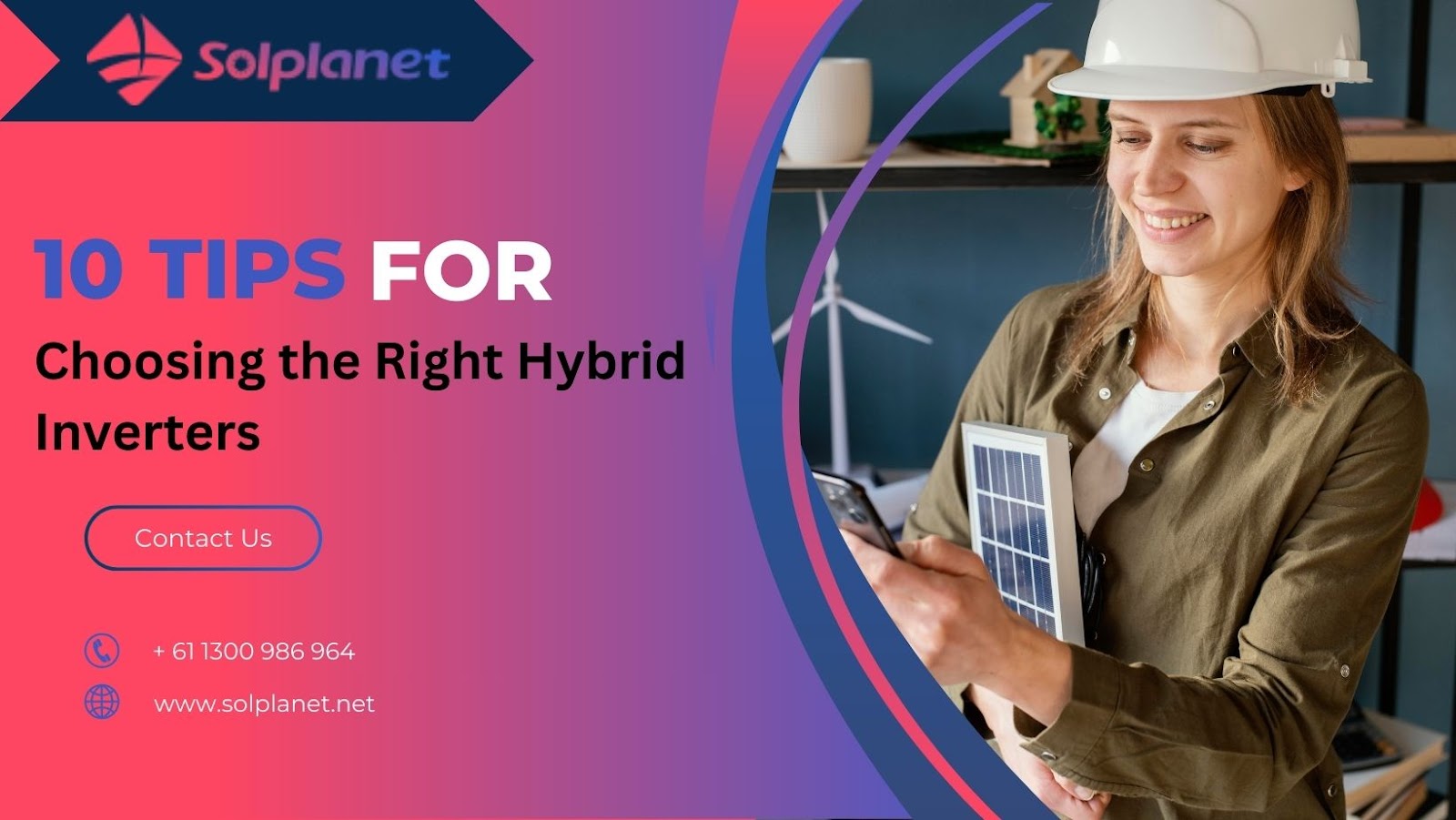Introduction
In the ever-evolving landscape of renewable energy, the selection of appropriate batteries plays a pivotal role in optimizing power harnessing and storage. Solplanet a prominent player in the solar energy sector, offers a diverse range of batteries tailored to meet varied energy needs. This article aims to provide an in-depth exploration and comparison of Solplanet's High Voltage and Low Voltage Batteries, shedding light on the features, applications, and performance metrics that empower users to make informed decisions.
Understanding High Voltage Batteries
Key Features
Solplanet's High Voltage Batteries are engineered with features that distinguish them in the market. With a wider voltage range, these batteries can accommodate larger energy loads, ensuring efficiency in handling substantial power requirements. The advanced technology integrated into High Voltage Batteries guarantees optimal energy conversion and storage, contributing to their reliability and high-performance standards.
Applications
High Voltage Batteries find their optimal application in industrial and commercial settings where energy demands are substantial. They are the preferred choice for large-scale solar installations, powering heavy machinery, and supporting expansive energy storage systems. The capability to handle high loads and deliver consistent power makes High Voltage Batteries indispensable for businesses with significant energy needs.
Exploring Low Voltage Batteries
Key Features
In contrast to their high voltage counterparts, Solplanet's Low Voltage Batteries are designed to cater to different energy needs. Operating at a lower voltage range, these batteries are ideal for residential use and smaller energy storage setups. Despite the lower voltage, they maintain efficiency and reliability, offering a compact and practical solution for a range of applications.
Applications
Low Voltage Batteries are tailored for residential and smaller-scale applications. Homeowners looking to integrate solar energy storage into their households often opt for Low Voltage Batteries due to their suitability for smaller energy loads. Additionally, these batteries are an excellent choice for off-grid cabins, providing a reliable power source in remote locations.
Comparative Analysis
Performance Metrics
When comparing High Voltage and Low Voltage Batteries, understanding performance metrics is crucial. High Voltage Batteries excel in handling larger loads and sustaining high-performance levels in industrial and commercial environments. On the other hand, Low Voltage Batteries efficiently manage smaller loads, making them more suited for residential or smaller-scale applications.
Energy Storage Capacity
The energy storage capacity is a defining factor for battery comparison. High Voltage Batteries, with their ability to handle more significant loads, inherently offer higher energy storage capacity. This makes them suitable for scenarios where large amounts of energy need to be stored and distributed. Low Voltage Batteries, while having a smaller storage capacity, excel in providing efficient and targeted power for smaller applications.
Suitability for Residential vs. Industrial Use
The choice between High Voltage and Low Voltage Batteries largely depends on the intended use. High Voltage Batteries shine in industrial and commercial settings, where energy demands are substantial, and consistent power supply is critical. In contrast, Low Voltage Batteries are designed with residential and smaller-scale applications in mind, providing an optimal solution for homeowners seeking efficient solar energy storage.
Making an Informed Choice
Considerations for High Voltage Batteries
Energy Demands: High Voltage Batteries are ideal for scenarios with substantial energy demands, such as industrial and commercial setups.
Space Availability: Consider the available space for installation, as High Voltage Batteries may require more significant physical space.
Considerations for Low Voltage Batteries
Residential Use: Low Voltage Batteries are well-suited for residential applications and smaller energy storage setups.
Cost-Efficiency: For smaller-scale requirements, Low Voltage Batteries can offer a cost-effective solution.
Additional Factors to Consider
Life Cycle Considerations
Considering the lifespan of batteries is crucial in making an informed decision. High Voltage Batteries, typically designed for industrial use, may have a longer lifespan due to their robust construction. Low Voltage Batteries, while suitable for residential use, may need replacement sooner.
Maintenance and Upkeep
Understanding the maintenance requirements is vital. High Voltage Batteries may have more complex maintenance needs, considering their application in demanding environments. In contrast, Low Voltage Batteries, designed for residential use, may have simpler maintenance requirements.
Conclusion
In the dynamic landscape of renewable energy solutions, the choice between Solplanet's High Voltage and Low Voltage Batteries hinges on specific needs and applications. High Voltage Batteries bring robust power to industrial and commercial settings, ensuring efficiency in handling substantial energy loads. On the other hand, Low Voltage Batteries cater to the residential and smaller-scale market, offering a compact and cost-effective solution.
Understanding the nuances of each battery type empowers users to make informed decisions aligned with their energy requirements. Solplanet's commitment to diverse solutions ensures that whether it's powering industries or illuminating homes, the choice between High Voltage and Low Voltage Batteries contributes to a sustainable and efficient energy landscape.
#solplanetbatteries #solplanetinverters #solplanetproducts #solplanetsolarsolutions
.png)



Comments
Post a Comment